How Do Essential Oils Affect Your Mood & Emotions?

Aromas have a way of affecting our emotions. Sniffing Rosemary oil might make you hungry, as it evokes thoughts of warm, buttery rosemary bread. Diffusing Lemon can spark joy, conjuring memories of the lemonade stand you had as a child.
The stimulatory nature of aromas is no secret, especially in the scientific community. Two primary ways in which scientists believe that aromas influence our emotions are through associative learning and a direct effect on our central nervous system. Read on to learn more about the connection between aromatherapy and emotions.
Aroma’s Effects on Mood & Emotions
Studies on the effects of aromatherapy on mood and emotions are clear.
- A clinical study examined the effects of Lavender oil versus chlordiazepoxide, an anxiety medication. The study found that inhaling Lavender essential oil for 30 minutes showed similar effects to taking chlordiazepoxide, and helped reduce anxiety in subjects.
- A blend of Bergamot, Ylang Ylang and Lavender were inhaled by patients with hypertension for 4 weeks. An intake of stress factors were taken before and after the study. Compared to a placebo group and control group, patients given the aromatherapy treatment had improved serum cortisol levels, blood pressure and lower stress.
- Scientists studied the effects of mood in a study that compared inhalation of Lemon oil, Lavender oil and water. Compared to Lavender and water, Lemon oil was found to uniquely enhance positive mood.
-
A study on the effects of diffused citrus oils on the stress and mood levels of 39 clinical nurses was measured. The citrus essential oil blend contained Wild Orange, Lemon, Grapefruit, Mandarin, Bergamot, Tangerine, Clementine and Vanilla. A self-report questionnaire revealed that the blend significantly improved mood and lowered stress levels.
Associative Learning
There are seemingly endless amounts of evidence concerning aromatherapy’s benefits on the mind. But how is this so?
Psychologists agree that one reason aroma may have an effect on mood is through our experiences with them. Hence why some people may favor even the oddest of scents.
For example, did a loved one often wear a particular fragrance? That fragrance may bring you comfort or joy. Was there a certain aroma in the air on your first day starting a new job? That aroma might produce a feeling of nervousness or excitement. Once in a while, you may come across a scent that gives you a feeling of nostalgia, though you can’t quite pinpoint where you’ve smelled it before.
The emotions that aromas elicit can be closely tied to memory. This is because smells travel to the brain’s olfactory bulb which is directly connected to the amygdala and hippocampus–the parts of the brain that process emotions and memories.
The Nervous System
Though our emotional response to aromas may be subjective, there is a reason why certain essential oils generally have similar effects on large groups of people, and this can be attributed to the effects of aroma on the central nervous system. Here’s what science has shown us.
Your Brain On Essential Oils
One study compared the physical parameters of people resting (the control), inhaling Sweet Almond (the placebo) and inhaling Rosemary oil. The results showed that there was a significant distinction between those who’d undergone Sweet Almond inhalation and Rosemary inhalation. Rosemary had a stimulating effect, and subjects reported a mood improvement, a reduction in drowsiness and a feeling of refreshment.
Furthermore, scientists looked at the brainwaves of the subjects from each group. They found that there was a significant increase in beta wave activity in the frontal area of the brain. This pattern is linked to higher concentration and cognition–both of which Rosemary has also been studied to increase.
Scientists attribute this effect to the stimulating nature of 1,8-cineole and a-pinene, two prevalent components found in Rosemary essential oil. Both components are known to stimulate the sympathetic nervous system.
A similar review compared electroencephalograph (EEG) studies of different aromas’ influence on the nervous system. An EEG is a device that’s used to measure brainwaves. Here are a few of the changes they found in certain regions of the brain:
- Lavender oil increased beta wave activity, causing subjects to feel drowsy
- Lavender, Chamomile and Sandalwood oil decreased alpha 1 waves, causing subjects to feel more comfortable
- Neroli and Grapefruit oil increased alpha and theta waves, causing subjects to feel more relaxed
- Jasmine oil increased beta waves, causing subjects to feel more active and romantic
According to the researchers behind this review, the studies clearly showed that aroma can affect brainwaves, supporting the notion that aromatherapy has a positive effect on the mind. The studies also showed strong parallels between the subjects’ brainwaves after inhaling each aroma. This shows that individual essential oils can have similar influences on emotions.
Essential oils can increase the quality of life in many respects, including our emotional health. Though we may put an emphasis on physical health, emotional health is just as important, and we encourage you to use essential oils as a simple tool to enhance your everyday life.
Sources:
-
Anxiolytic effects of lavender oil inhalation on open-field behavior in rats. https://pubmed.ncbi.nlm.nih.gov/17482442/
-
The effects of the inhalation method using essential oils on blood pressure and stress responses of clients with essential hypertension. https://pubmed.ncbi.nlm.nih.gov/17211115/
-
Olfactory Influences on Mood and Autonomic, Endocrine, and Immune Function. https://www.ncbi.nlm.nih.gov/pmc/articles/PMC2278291/
-
Effects of diffused essential oils for reducing stress and improving mood for clinical nurses: An interventional time-series study. https://pubmed.ncbi.nlm.nih.gov/33463729/
-
Do scents affect people's moods or work performance? https://www.scientificamerican.com/article/do-scents-affect-peoples/
-
Here's Why Smells Trigger Such Vivid Memories. https://www.discovery.com/science/Why-Smells-Trigger-Such-Vivid-Memories
-
Effects of Inhaled Rosemary Oil on Subjective Feelings and Activities of the Nervous System. https://www.ncbi.nlm.nih.gov/pmc/articles/PMC3700080/
Grab The Essentials Here:
Leave a comment (Comments will be approved before showing up)
2 comments
Stephanie Correnti
Fascinating article! I was especially interested in the study using the citrus essential oil blend. Could this be made into an inhaler and if so how many drops of each eo would you add to the inhaler. If I diffused it how many drops of each eo would be added to the diffuser? Thanks kindly.
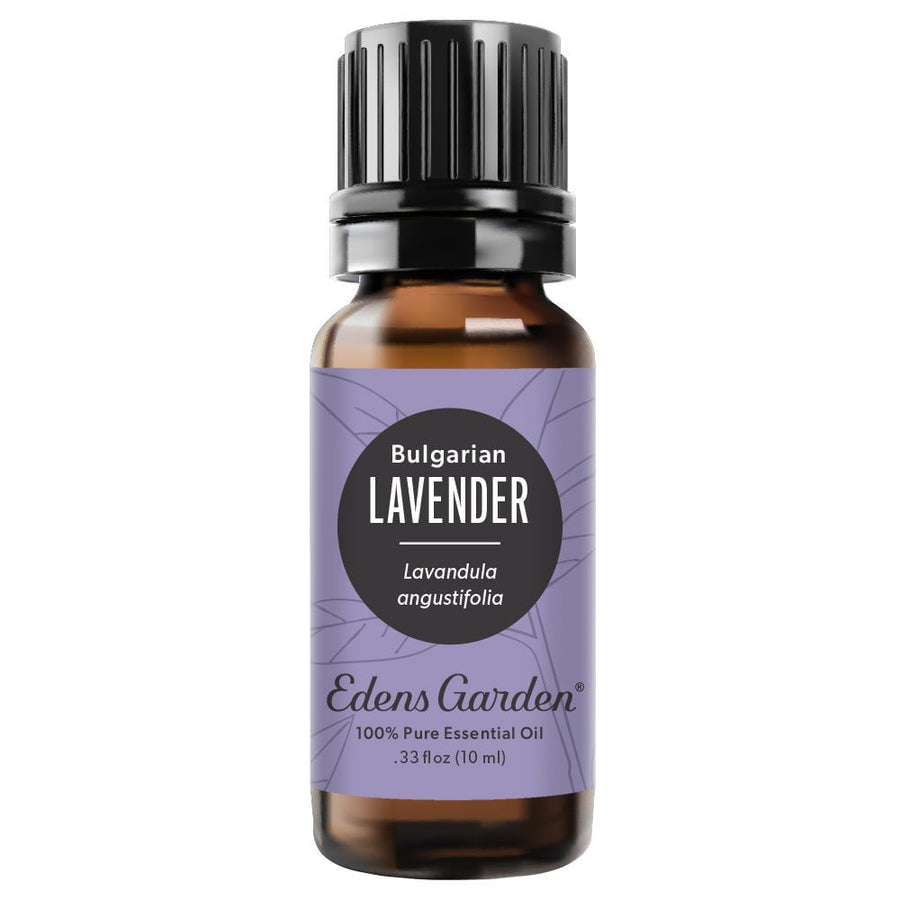
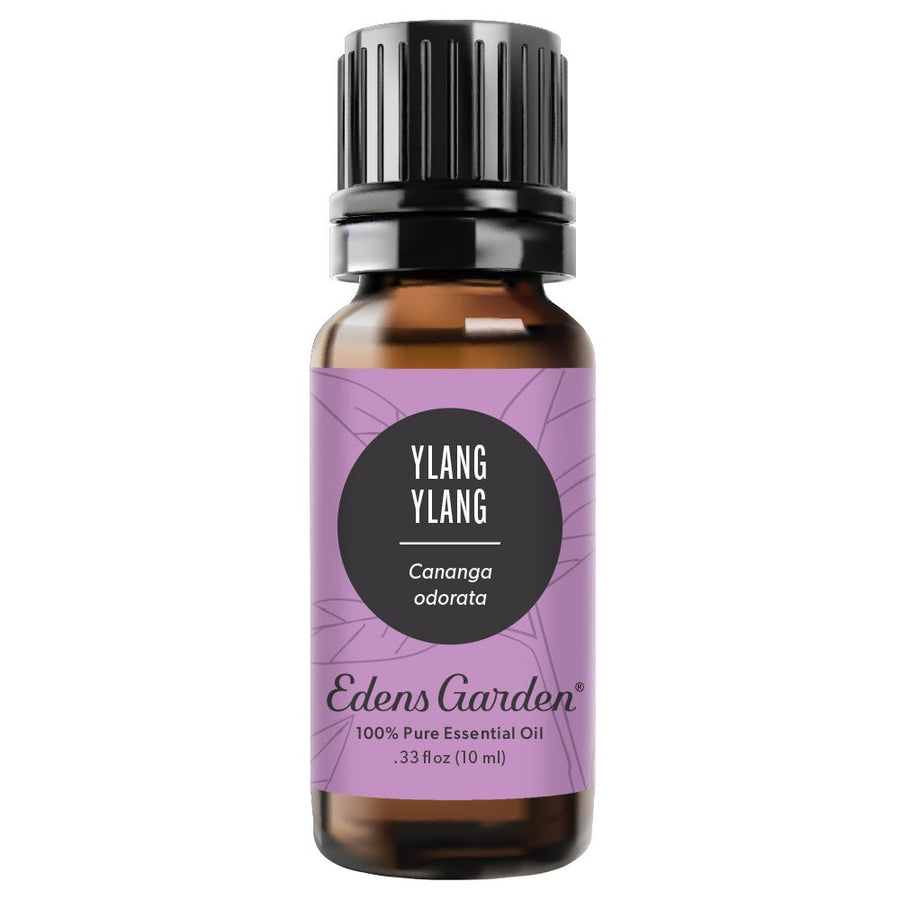
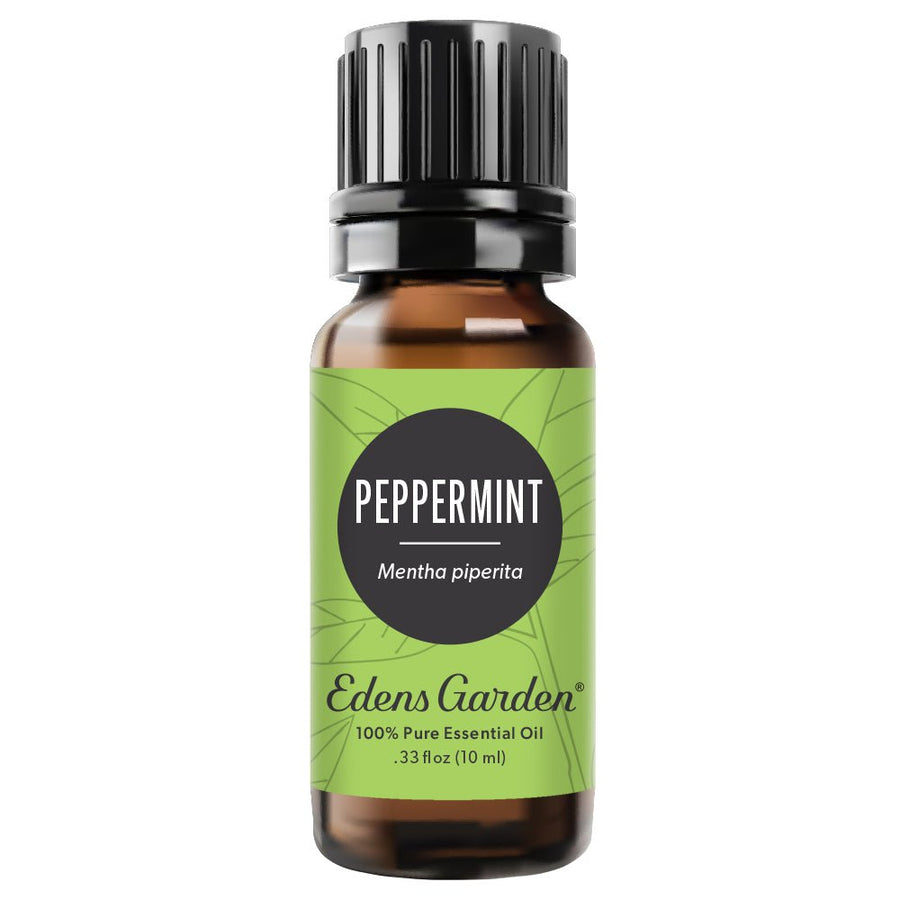
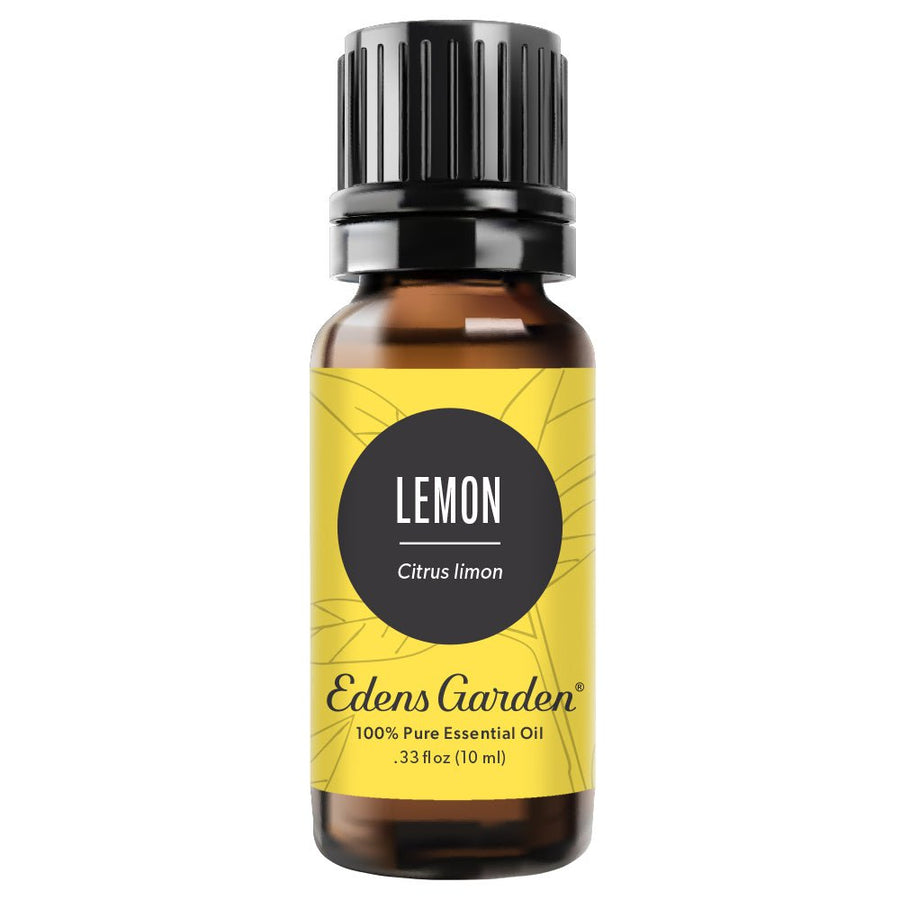
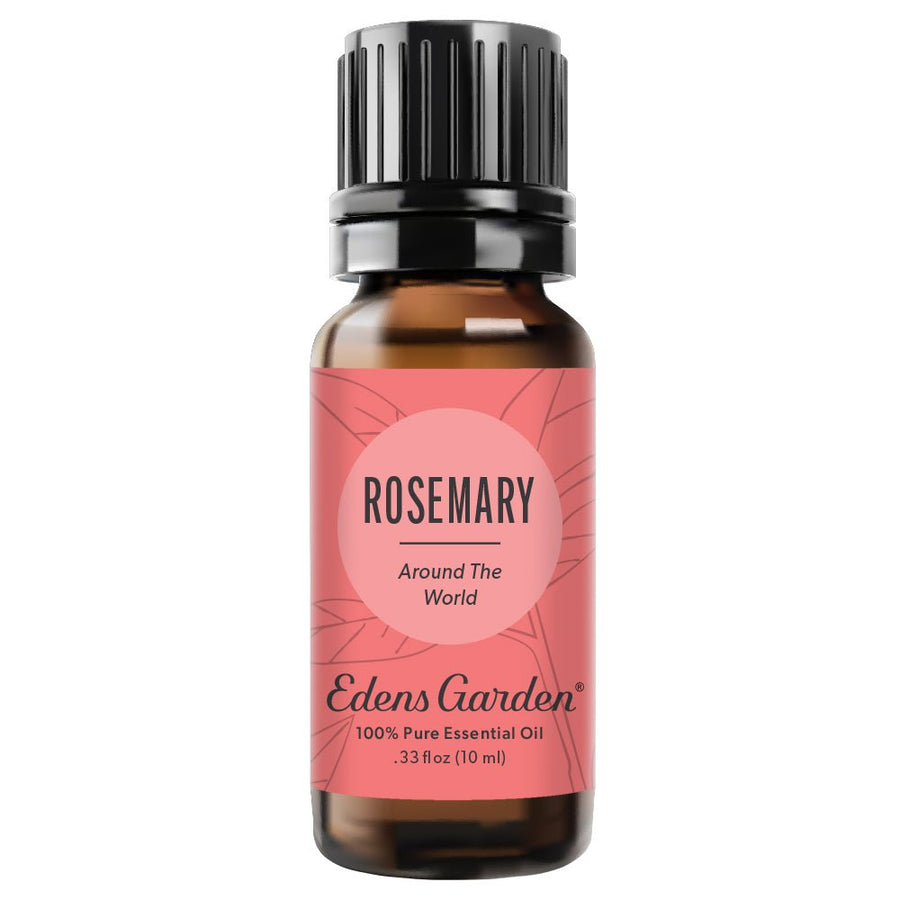





Edens Garden
November 16, 2021 at 10:49 am
Hi Stephanie! We offer a blend with all of these oils included–our Citrus Cream blend. We suggest adding 10-15 drops in an essential oil inhaler or per 100 ml of water in a diffuser.
You can find this blend here: https://www.edensgarden.com/products/citrus-cream